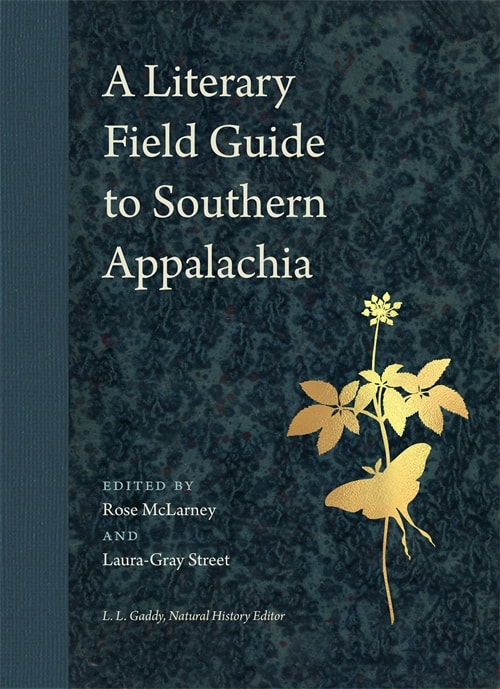|
Vertical Divider
Play dead, like you, all day, then rise at night
& sing—my throat Gabriel's genuflected cry. O Let the souls slain at night rise first, reclaim This desolate terrain. O let this land's redeemed Say No more & drive these maniacal white ghosts More mad. So many black & luminous smiles, Our seek a found invisibility. Like you, I work Now while it is night, when no white man can Without my never-ready back. Unfurl My ancient tongues & fill the holes in their Sacked hearts with this terrifying refrain: This world's all mine. All mine. All mine. All Mine. All mine. All mine. You've lied to your Selves. You've occupied my home too long. Get out.
|
A Literary Field Guide to
|
CURRENT ISSUE
|
CONTACT
|
DEPARTMENT OF ENGLISH
|


